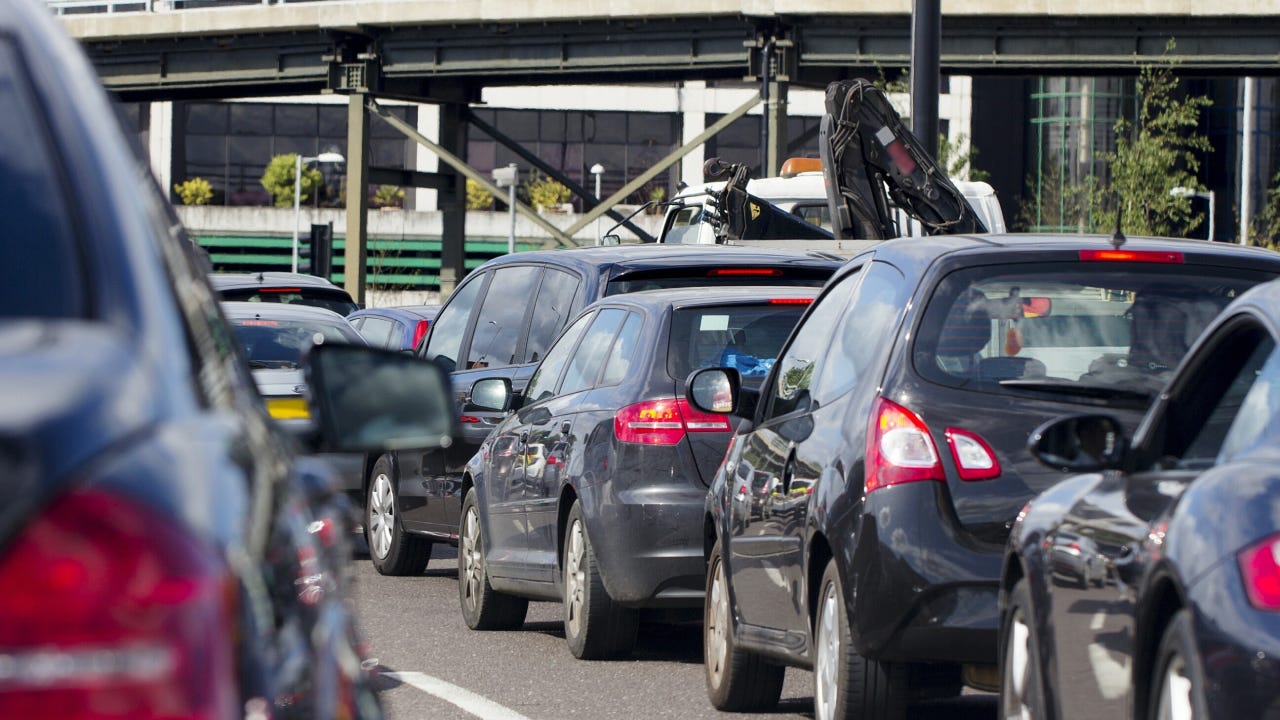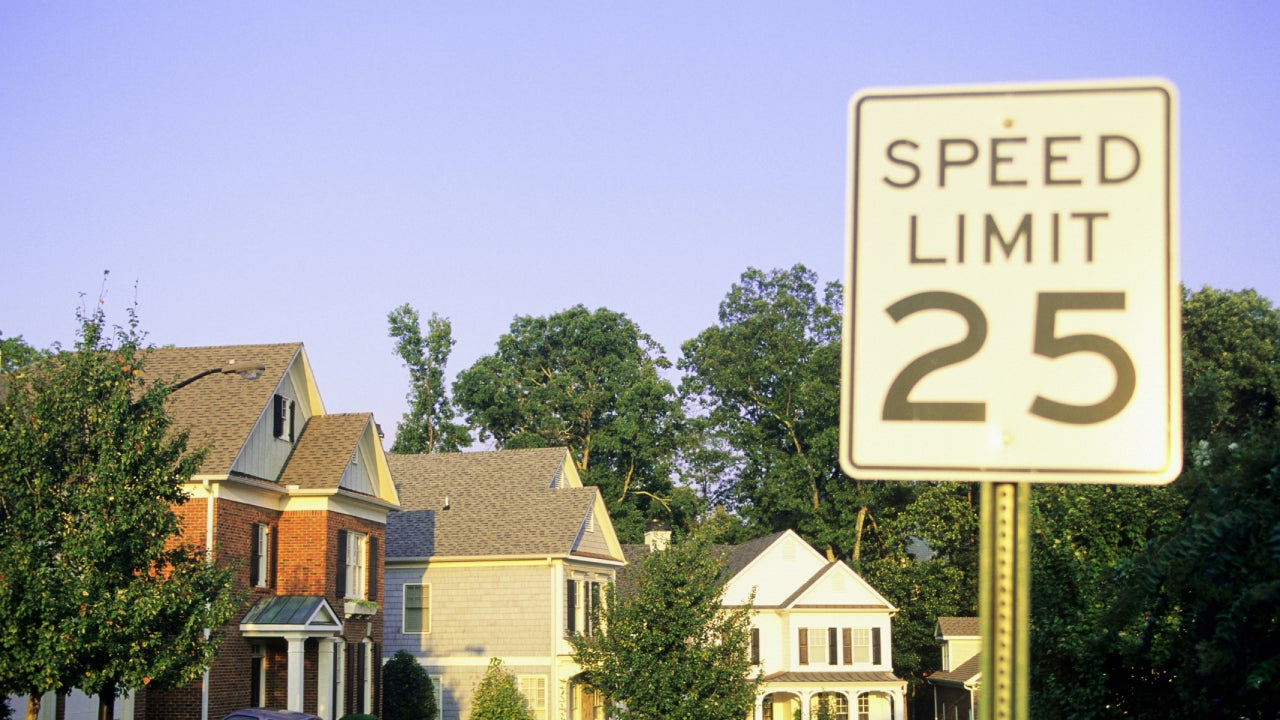Gap insurance in Georgia




In addition to the liability insurance that Georgia requires of all drivers, there are optional car insurance types that may give you more robust coverage for your vehicle. If you have a newer car, one type of insurance that may be worth considering is called guaranteed asset protection, or gap, insurance. This insurance helps pay the difference between what you owe on your car loan or lease and your car’s depreciated value if your vehicle is totaled or stolen. New cars begin to depreciate the minute you drive them off the dealer lot, so it’s possible that the amount you are given by your insurer after a total loss will not cover everything you owe on the vehicle. That’s where gap insurance coverage kicks in — to help pay the difference.
What is gap insurance?
Gap insurance in Georgia is used when something happens that renders your car a total loss. This could be in an accident, but could also be the case if your car is stolen and not recovered or if your car is destroyed in a natural disaster, such as a tornado, flood or hurricane. If this happens and there is no chance your car can be repaired, you should receive a payout from your insurance company for the car’s actual cash value (ACV).
The problem arises from the fact that this ACV may be less than you owe on your car loan or lease. Why? Because your car loan or lease will generally be based on your vehicle’s new retail price, but depreciation begins to happen almost immediately once you have purchased it. The car’s depreciated value will probably be less than what you paid for it, and may be less than you still owe on the loan. Since every car depreciates at a different rate, it’s hard to say exactly how much depreciation will happen in the time between when you purchased it and when it was destroyed, but it could be a significant amount.
How does gap insurance work in Georgia?
Gap insurance in Georgia does not assure full compensation in all situations. It is important to know precisely how and when gap coverage comes into play.
Gap insurance does not apply to all vehicles; it typically covers brand-new vehicles and those up to one model year old. Often, gap coverage will be purchased in conjunction with your car loan. That said, gap coverage may not cover situations where you owe more on a loan or lease because you have traded in a vehicle you still owe money on. If this is the case for you, check with your insurer to find out if the negative equity from a trade-in is covered by your gap policy.
Also noteworthy, gap coverage differs from new car replacement coverage. Gap protection will not help to cover rentals or towing either, and it is not an extended warranty. Gap insurance doesn’t cover anything except the difference between your outstanding loan or lease balance and your car’s value at the time of the claim.
When do you use gap insurance?
As we noted, gap insurance is used when your vehicle is a total loss, whether that is from a collision, theft or some other cause. If your car can be repaired, you would not use your gap coverage for those repairs. In that case, your own collision or comprehensive insurance would help pay for repairs, or, if you are not at-fault in an accident, the other driver’s insurance policy would cover the repairs.
Gap insurance is only available for a total loss. Consider this example: you purchased your new car for $30,000. The car is totaled in an accident six months later. At that point, you still owe $25,000 on the loan. By this time, however, the car’s depreciated value has dropped to $22,000. The $3,000 between the amount you owe and the car’s value is what your gap insurance should cover, minus any deductible.
Gap insurance vs other coverages
Because gap insurance is a limited form of coverage for a specific situation, it should not be confused with liability coverage or the two other most common types of coverage: collision and comprehensive.
| Gap insurance | Comprehensive | Collision | |
|---|---|---|---|
| What it covers | The difference between total loss recovery and the outstanding loan or lease on the vehicle. | The cost of repairs caused by events other than an accident, such as natural disasters, fire, theft and vandalism. | The cost of repairs caused by a single-vehicle accident or collision with another vehicle. |
| Who offers it | In Georgia, you can purchase gap coverage from the car dealer that sold the car, your lender or your auto insurer (if offered). | Comprehensive coverage is a standard offering from most auto insurers. | Collision coverage is a standard offering from most auto insurers. |
Where to buy gap insurance in Georgia
You can buy gap insurance from several insurance companies in Georgia. It’s a common offering since many car buyers finance their purchases. Because dealers and lenders have a monetary interest in your vehicle if it’s financed, both lenders and dealers also often sell gap insurance.
Gap insurance companies in Georgia
Not every auto insurance company in Georgia offers gap insurance. Geico, for example, does not offer gap coverage to its policyholders. However, most of the largest car insurers by market share do offer gap coverage or something similar, as do dealerships and finance companies.
Some specific examples include:
- AAA: AAA does offer gap coverage provided that the insured vehicle has comprehensive and collision coverage. Additionally, if the insured vehicle is deemed a total loss, AAA waives up to $1,000 of the policy deductible.
- Progressive: While Progressive does not directly offer gap insurance, it does loan/lease payoff coverage. The coverage still kicks in toward a policyholder’s loan or lease payoff, but may have different requirements or coverage limits than a typical gap insurance offering.
- State Farm: State Farm does not offer traditional gap coverage. It does offer a Payoff Protector coverage option, which is essentially gap protection for those with a car loan from a State Farm bank. Buyers are usually eligible even if their required full coverage auto insurance policy is provided by another carrier.
Many dealerships offer gap coverage in Georgia, too. For example, Toyota dealers throughout Georgia offer gap insurance that can typically be included as part of an auto loan, increasing the monthly payment on the loan by a modest amount. When shopping around for cars, consider asking your dealer if there is a gap insurance offering available.
Frequently asked questions
-
Like anything related to insurance, the cost of gap insurance varies widely. According to the Insurance Information Institute, the cost of gap insurance purchased through a lender or car dealer can run five to 10 times what it would cost to add this coverage to an existing car insurance policy.
The bottom line is, the higher the risk to the insurer, the more you’ll pay. That means that one of the key factors influencing rates is the value of your car. Another important factor is whether you buy gap insurance from a dealership or from a car insurance company. Generally, gap insurance from dealerships or lenders costs more than gap insurance purchased directly from a car insurance company. Experts recommend shopping around to find the best price.
-
Georgia, like the majority of states, has laws that require a minimum amount of car insurance coverage. The required coverage relates to liability from car accidents and does not include gap coverage, but that doesn’t mean you won’t need to buy gap insurance. Many lenders will require that you carry gap coverage until you pay off your vehicle. If the coverage is not required, purchasing gap insurance can still be beneficial for the financial peace of mind it offers in relation to owning your new vehicle.
-
Yes, typically you will be able to cancel gap insurance if you feel that it is no longer beneficial. This might occur if you have paid down your loan or lease balance to the point that it’s less than the vehicle’s actual cash value. Be sure to check with your gap insurance provider to verify any cancellation requirements.
-
The cheapest car insurance coverage will vary from driver to driver, because every policy is based on information that is unique to the individual it covers. Insurers take multiple factors into account when determining your rate, from your car’s make, model and age to your own age, credit rating and driving history. In addition, every insurer uses their own proprietary method for determining rates, so you are likely to get a range of prices if you ask for quotes from more than one insurer. Having said that, there are a handful of insurers that have a reputation for offering low-price insurance to Georgia drivers, and these may be a good place to start your search for affordable Georgia car insurance.
Why we ask for feedback Your feedback helps us improve our content and services. It takes less than a minute to complete.
Your responses are anonymous and will only be used for improving our website.




